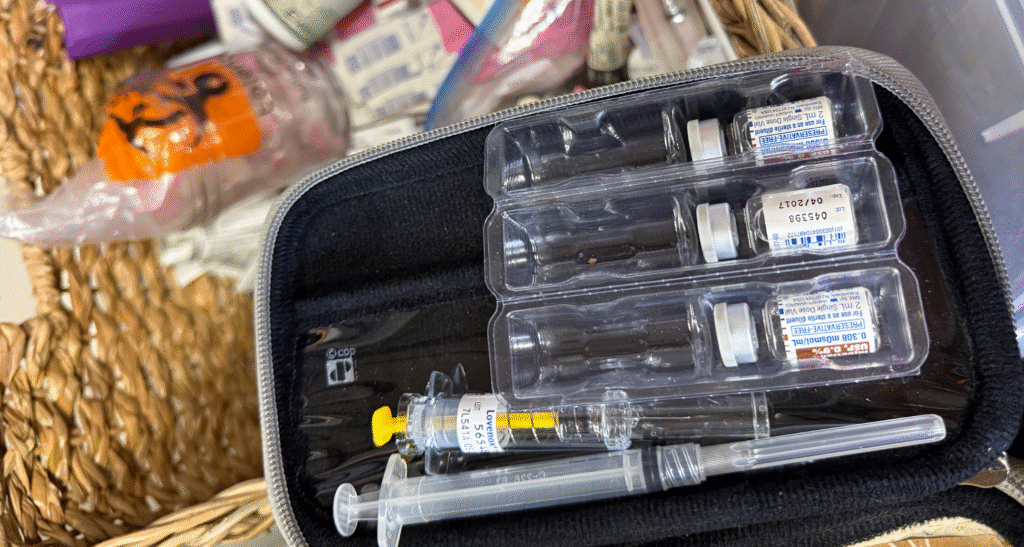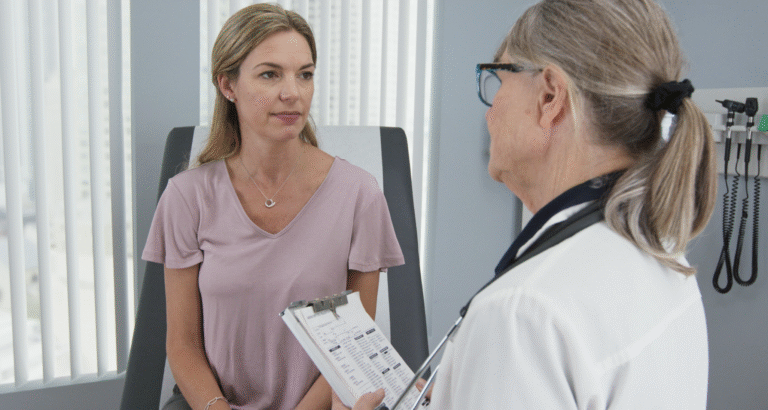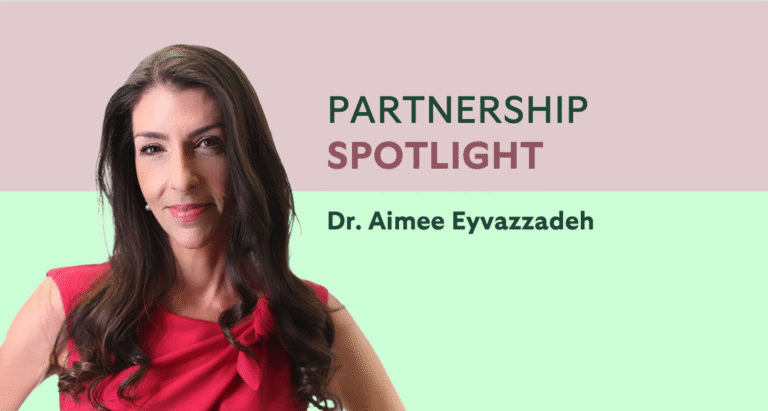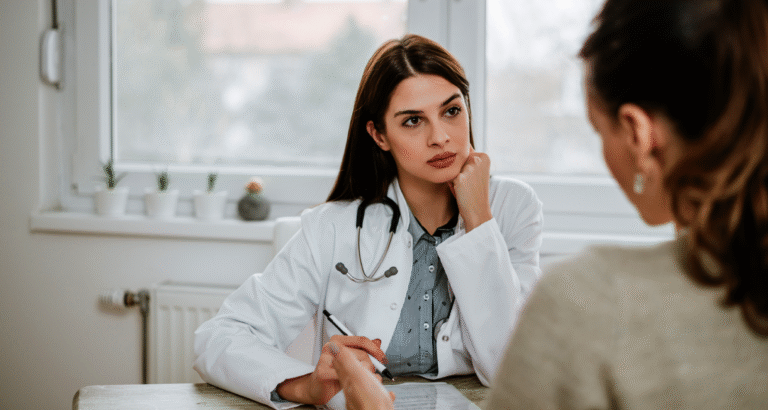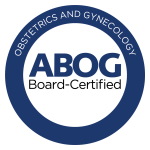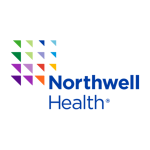If you’ve been through multiple IVF cycles without success or have been told your fertility struggles are simply due to age or “bad luck,” this summary is for you. So much of what patients need to know—about endometriosis, adenomyosis, and diminished ovarian reserve (DOR)—is often missing from routine fertility care.
This webinar, hosted by Dr. Karli Provost Goldstein of ESSE Care alongside reproductive endocrinologist Dr. Aimee Eyvazzadeh and patient advocate Monica, aimed to fill those gaps. Here are the five most important insights we hope every patient navigating these challenges gets the chance to hear.
1. If IVF hasn’t worked—and you don’t know why—ask about endometriosis.
Many patients go through several IVF cycles before anyone considers whether endometriosis may be part of the picture. In the webinar, Monica shared that despite multiple failed transfers, her imaging was normal, and she had no clear diagnosis—until endometriosis was finally identified during surgery.
What many women don’t know is that endometriosis can impact egg quality, increase pelvic inflammation, and interfere with implantation. Although it’s a common cause of infertility, endo often goes undetected by standard imaging and lab work, even when women have symptoms like fatigue, bloating, and painful menstrual cycles. Fertility clinics may even try to “bypass” endo through IVF, but this approach rarely leads to good results.
Bottom line: Endometriosis could be contributing to DOR, failed transfers, or “unexplained infertility.”
2. “Just keep trying” isn’t enough—you need answers.
Many patients are encouraged to do multiple stim cycles without ever being given a clear explanation of what’s going wrong. Dr. Eyvazzadeh and Dr. Goldstein both emphasize the importance of finding the root cause—especially in cases of low AMH, poor response, or failed embryo transfers.
Hormone levels alone can’t explain inflammation, pain, or a distorted uterine environment, so treating only hormonal imbalances won’t correct the problem. Because endometriosis and DOR often occur together, it’s important for reproductive endocrinologists to work closely with endometriosis excision specialists to create a nuanced plan for diagnosis and treatment.
And to be clear: An endo diagnosis doesn’t mean surgery is mandatory—but it opens new doors.
3. Adenomyosis could be affecting implantation—and often goes undiagnosed.
Adenomyosis is a condition where endometrial tissue grows into the muscular wall of the uterus. It’s common in people with endometriosis and DOR, but it’s frequently missed.
Adenomyosis can alter the structure of the uterus, interfering with implantation and causing repeated failed transfers, even with high-quality embryos. Common signs of the disease include heavy periods, sharp cramps, and an enlarged or “boggy” (soft or spongy) uterus.
Dr. Goldstein shared that adenomyosis often doesn’t show up clearly on ultrasound; it is best identified through MRI at a facility familiar with the disease.
4. Egg retrieval or surgery first? It depends.
There’s no universal answer to whether patients should pursue IVF or surgery first. Dr. Eyvazzadeh explained that the decision depends on individual factors—such as ovarian reserve, type of endometriosis, and symptom severity. Monica shared that she chose surgery first to reduce inflammation and improve her chances of success.
In particular, deep infiltrating endometriosis or severe pelvic pain may lead specialists to suggest surgery before stimulation. Surgery can help reset the pelvic environment, and removing endometriomas may improve egg quality.
Still, the decision is personal, and coordination between fertility and surgical teams is essential.
5. Surgery can be a turning point and a reset.
Many endo patients on a fertility journey see surgery as a last resort, but it can be the best way to move forward. Proper excision surgery completely removes endometriosis lesions, cysts, and adhesions, restoring pelvic anatomy and preparing the reproductive organs for conception and pregnancy. Not only that, but surgery can also restore overall health and wellbeing by improving physical symptoms and reducing inflammation.
Monica’s excision surgery revealed disease on her uterus, bowel, bladder, and a nonfunctional kidney. After surgery, her symptoms improved dramatically. Her fertility journey isn’t over, but her health and quality of life are significantly better.
Excision isn’t about giving up on fertility—it’s about creating the best possible environment for success. Healing matters before, during, and beyond IVF.
Feeling Lost? Don’t Give Up—We’re Here to Help
If you’ve felt confused or discouraged by IVF, it’s not because you’ve done something wrong—it may be because key questions haven’t been asked. Endometriosis, adenomyosis, and DOR are complex conditions that require thoughtful, collaborative care. When that care is in place, it changes everything.
At ESSE Care, we support patients who:
- Haven’t gotten answers despite multiple failed IVF cycles
- Are managing DOR and endometriosis or adenomyosis at the same time
- Need guidance on whether and when to pursue surgery
- Want to build a care plan that honors their body and their future
You’re not being dramatic. You’re not “just unlucky.” You just need answers.
At ESSE Care, we believe every patient deserves to feel heard, respected, and fully treated.
If you’re navigating complex gynecologic or fertility challenges, know that there is a path forward, one based on expert diagnosis and personalized treatment, not cookie-cutter plans. Reach out for a case review and learn more about our integrative, patient-centered approach.

